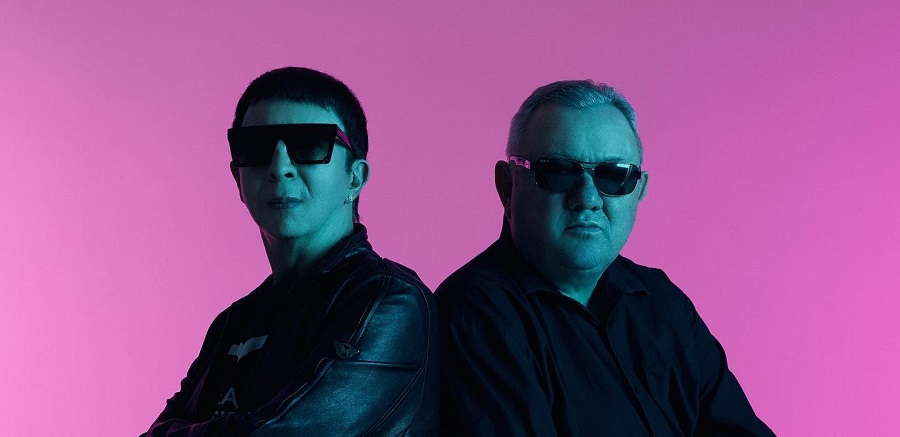Dave Ball (Soft Cell) has died

A pioneer of synthesiser music has passed away. It is with sadness that we have learnt of the death of Dave Ball, co-founder and instrumentalist of the iconic synthpop duo Soft Cell. Ball was one of the most influential figures in electronic music of the 1980s, and his legacy extends far beyond the charts he dominated.
Together with singer Marc Almond, Ball formed Soft Cell in 1977 whilst studying at Leeds Polytechnic. Where Almond was the charismatic frontman with his expressive voice and theatrical presence, Ball was the quiet force behind the controls. His innovative use of synthesisers, drum machines and sequencers defined the sound of Soft Cell and influenced an entire generation of electronic musicians.
Ball had a particular talent for creating dark, atmospheric soundscapes that contrasted perfectly with Almond’s emotional vocals. He combined the cold precision of electronic instruments with a warm, almost organic musicality that distinguished Soft Cell from many other synthpop acts of that period.
In 1981, the duo released their cover of “Tainted Love”, originally sung by Gloria Jones. Ball’s minimalist yet hypnotic arrangement, with that unforgettable bass tone and tight beat, transformed the song into a worldwide hit. It reached number one in seventeen countries and became one of the most successful singles of the 1980s.
The 1981 debut album “Non-Stop Erotic Cabaret” contained further gems in which Ball’s craftsmanship shone: from the dark “Seedy Films” to the melancholic “Say Hello, Wave Goodbye”. He created a sonic world that was both accessible and experimental, a rare combination that explains Soft Cell’s popularity and artistic credibility.
When Soft Cell split up in 1984, Ball remained active in the music industry. He produced for various artists and formed the project The Grid with Richard Norris, with which he also achieved commercial success. The Grid represented a more dance-oriented side of Ball’s musical personality and demonstrated his ability to evolve with changing music trends.
Ball also collaborated with artists such as Psychic TV and produced remixes for various bands. His technical knowledge and artistic vision made him a sought-after producer and collaborator in the electronic music scene.
Although Soft Cell reunited temporarily in 2001 and later came together sporadically for performances, the work from the early 1980s remained most influential. Ball’s contribution to the development of synthpop and electronic dance music cannot be overstated. His sound can be heard in the work of countless contemporary artists, from indie-electronica to darkwave.
Dave Ball was more than just a button-pusher or technician. He was a true sound artist who proved that electronic music could be emotional, profound and radical. His sparse yet effective arrangements were a lesson in less-is-more aesthetics, whilst his dark, pulsating basslines and ethereal synthesiser lines formed the blueprint for countless producers after him.
Dave Ball was 66 years old.
![]()




